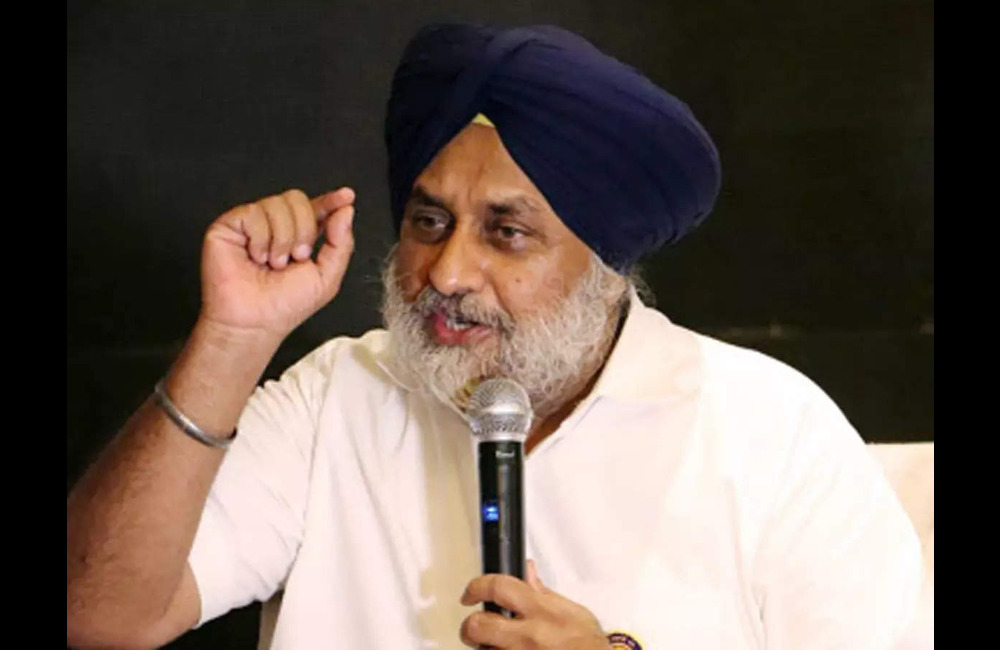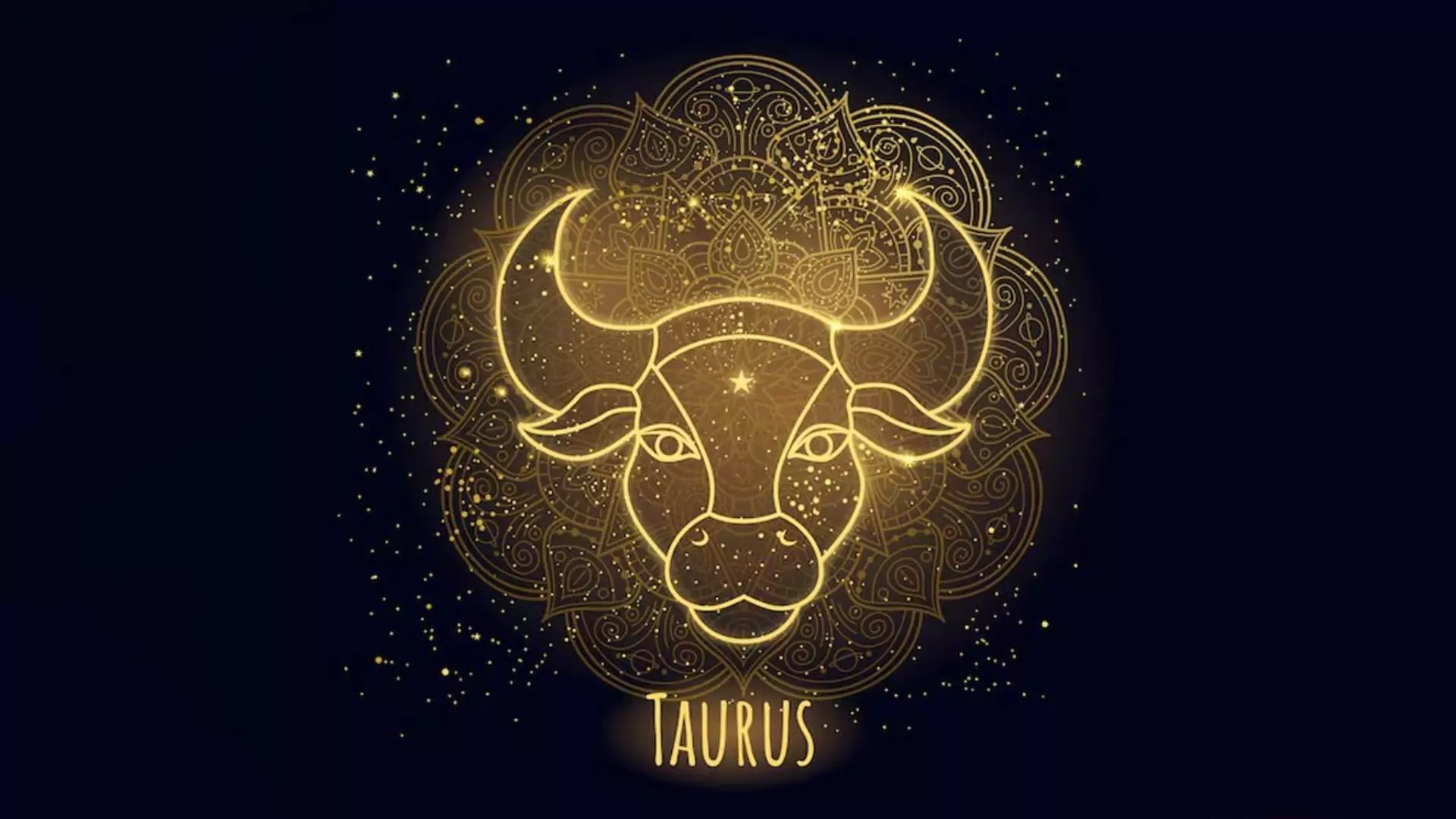Out of the 15 parties that attended the opposition meeting in Patna on June 23, at least two parties—the Aam Aadmi Party and the Shiv Sena (Udhav Thackeray)—qualifiedly supported the Uniform Civil Code that Prime Minister Narendra Modi had thrown out there. Shiromani Akali Dal, a former ally of the BJP, has spoken out against it.
The Aam Aadmi Party (AAP) declared that the party supports the Uniform Civil Code (UCC) in principle. “The party supports the Uniform Civil Code in theory. Additionally, Article 44 states that UCC must exist in the nation. Sandeep Pathak, an AAP member of parliament, told the media that because it is related to all religions, there should be more extensive consultation on the matter with religious leaders and political parties.
Shiromani Akali Dal, their political rivals, have adopted a completely different stance, claiming that UCC would negatively affect minority and tribal communities. Instead of advocating for the introduction of common law for the entire nation, it instead advocated for changes to “discriminatory” personal laws. It criticized AAP for giving the UCC its “in-principle” support and claimed that this had revealed the organization’s “anti-minority face.”
Senior SAD leader Daljit Singh Cheema said in a statement issued in Chandigarh that Akali Dal has consistently opposed the Uniform Civil Code for the entire nation and that it will present its concerns on the matter to the 22nd Law Commission as well as in Parliament. He claimed that “faith, belief, caste, and customs” that varied for each religion had an impact on the country’s civil laws. And it is crucial to keep this diversity in order to protect the social fabric.
Shiv Sena (Udhaav Thackeray), the opposition party, adopted a similar stance to AAP. Sanjay Raut, a senior leader, asserted that the Sena has historically supported it. “We are in favor of a uniform civil code. However, Prime Minister Narendra Modi’s most recent campaign is not a sincere effort to bring about the UCC; rather, it is a political stunt aimed at the upcoming general elections. We will have to sit down and think about it after his comments, Mr. Raut said.
PM Modi’s strong support for UCC has so far been opposed by the other opposition leaders. Hemant Soren, the chief minister of Jharkhand and the leader of the JMM, dismissed the matter and shared the Congress’ position by saying it was an attempt to divert attention from the real problems. Mr. Soren responded, “Ask him how would he give employment first, how would he bring down inflation,” when asked about his response to PM Modi’s remarks on UCC. Talk about that first. The Congress responded more formally, with former Home Minister P Chidambaram tweeting that an “agenda-driven majoritarian government” cannot impose this issue on the public because doing so will “widen divisions” among people.
“The Hon’ble PM is portraying UCC as a straightforward exercise. He ought to read the previous Law Commission’s report, which noted that it wasn’t practical at the time. The BJP’s words and actions are to blame for the nation’s division today. The divisions will only get wider if a UCC is imposed on the populace, he claimed.
“The Prime Minister compared a country to a family while advocating for UCC. Although his comparison might seem accurate in an abstract sense, the truth is very different. The ties that bind a family are based on kinship. A Constitution, which is a political-legal document, unites a nation.
“There is diversity even within families. According to him in the tweet, “The Indian Constitution recognised the diversity and plurality of the Indian people.


















